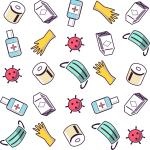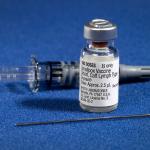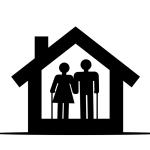Before we jump in, a bit of demographic housekeeping.
Disease
For those in a rush, the technology has been around for quite some time. The test is not as accurate as a PCR test, especially among the asymptomatic, and it differs from other at-home tests being available without a prescription.
Vaccination of high-risk groups against SARS-CoV-2, the virus that causes COVID-19, has begun in earnest – and not a moment too soon because the trends in the United States are moving in the wrong direction.
There are two ways to become immune against an infectious disease: The not-so-fun way and the really-not-so-fun way.
Here is the remaining portion of that quote.
Here is a general rule of thumb: every day of bed rest is worth three or more days of recovery. And you can modify those days if the patient is elderly, and more so when he/she is frail.
Viruses are simple organisms; the medical school metaphor is that of a syringe, a capsule with a spike that injects its genetic material into a cell, taking over that cell's machinery to reproduce.
Face masks are an important way to limit new COVID-19 infections, but since mask wearing has become politicized and the subject of derision in some areas, we questioned whether additional personal characteristics might be important.
First, let me get this off my chest. What is the value of these articles, especially those purporting to show no more significant deaths in 2020 than 2019? Will that mean that COVID-19 is a hoax, perpetrated for some ulterior motive?












